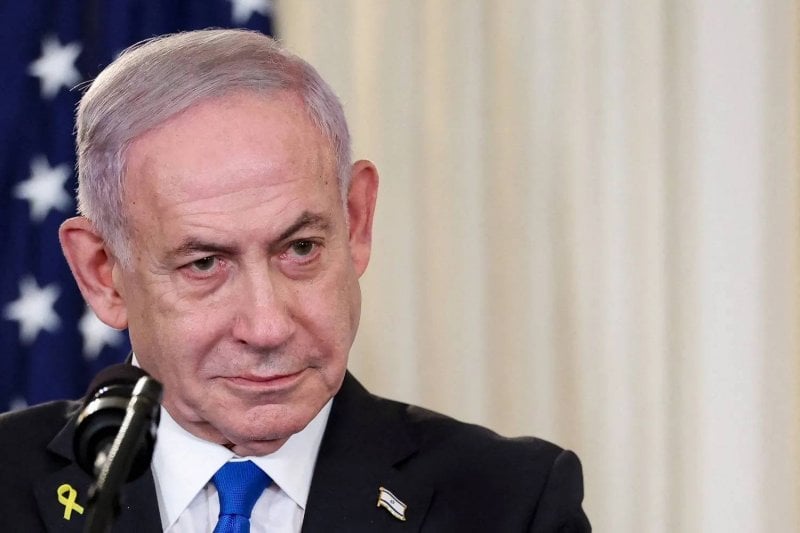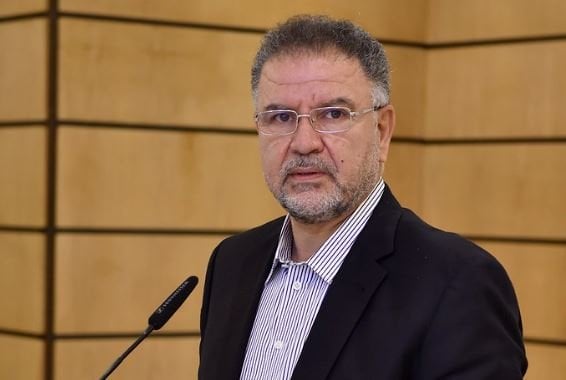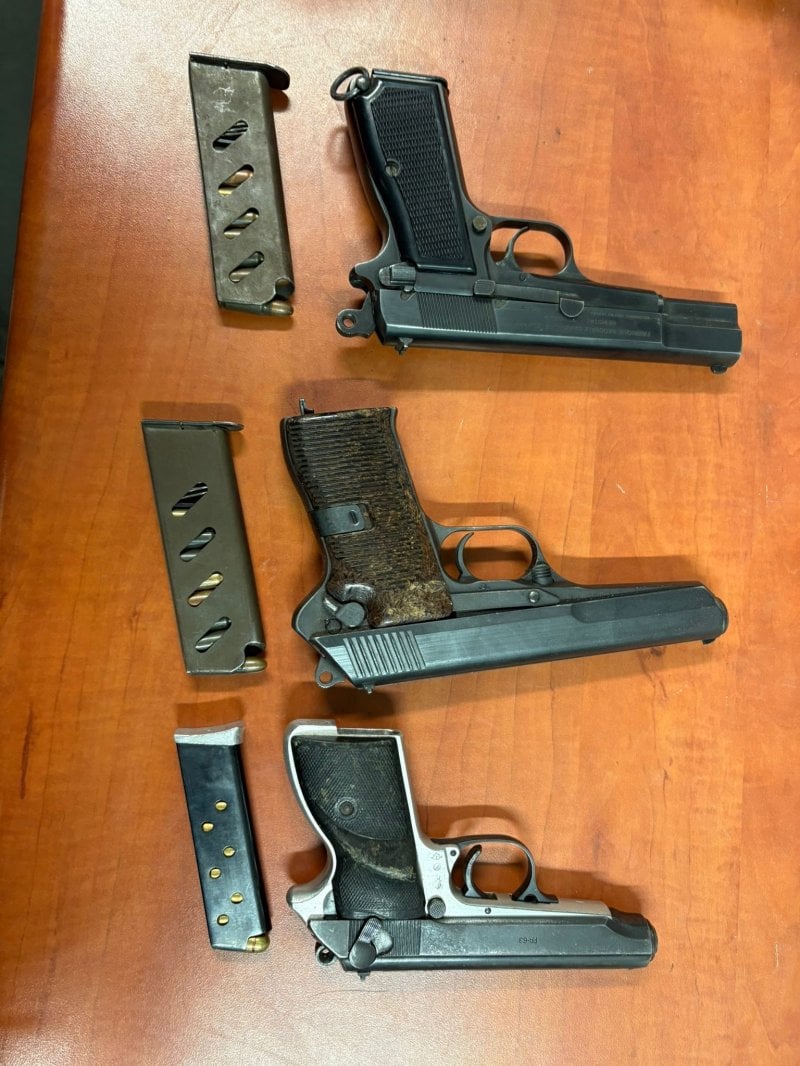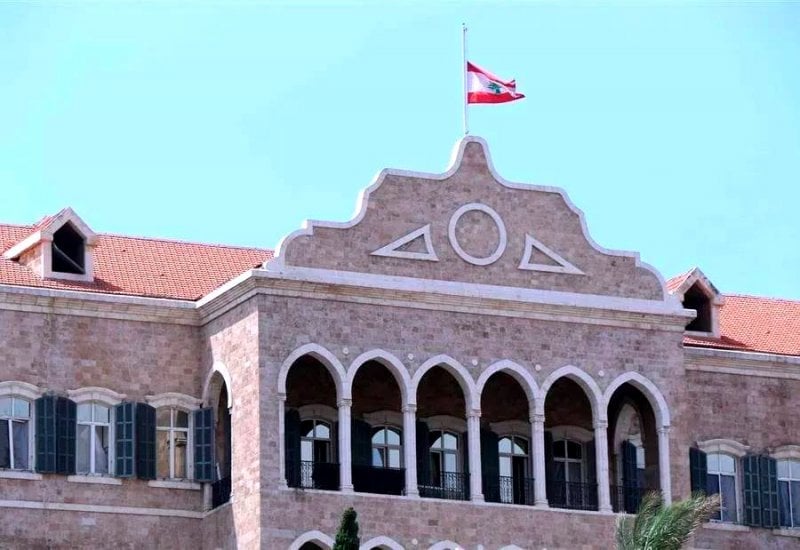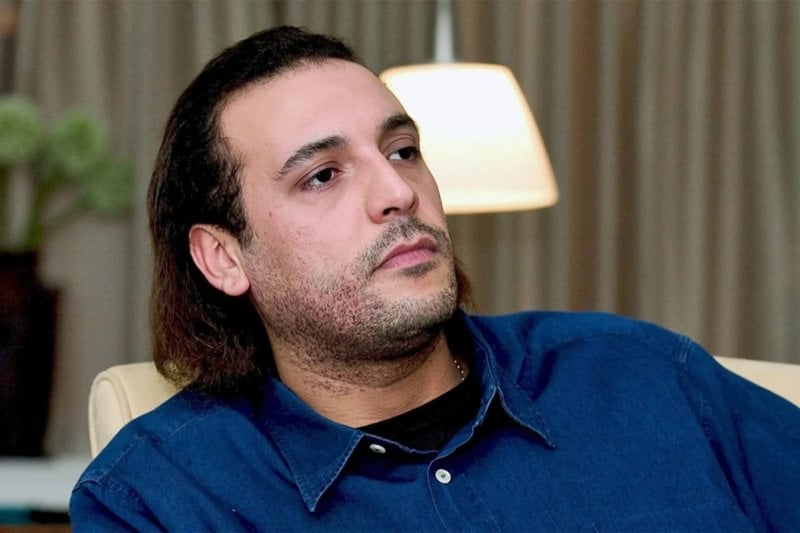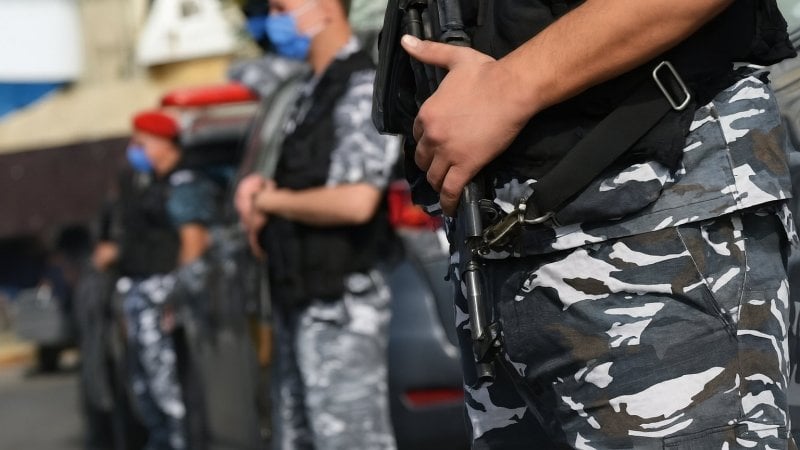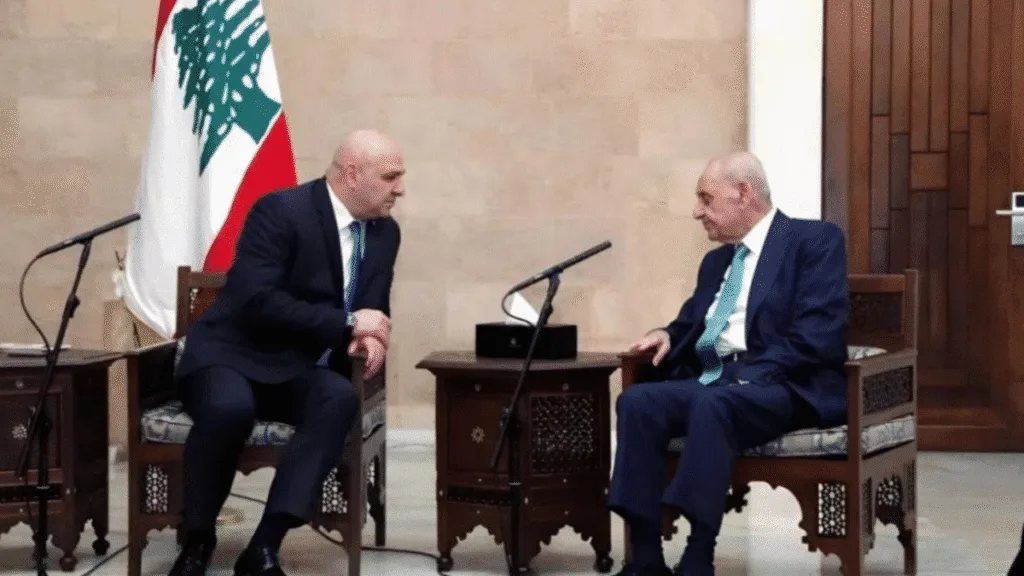
Norma Abu Zeid – Call of the Nation
Since the dawn of the era, Presidents Joseph Aoun and Nabih Berri have been dancing the political tango with the agility of professionals and the dexterity of veterans, and their rhythm is harmonious in a way that suggests that “rehearsals” began early, perhaps before Baabda Palace was lit up on January 9.
Their steps are balanced, calculated, without confusion or surprises. Sometimes they advance together, and pretend to be apart when the game calls for some confusion. They know when to get close enough to touch each other, and when to get far enough to keep the heat between them. Whoever observes their performance realizes that they share the space, take turns leading, and exchange signals, and one of them does not lift a foot until the other realizes where his next move will be.
Although dancing is included in Hezbollah’s list of formal taboos, it did not hesitate to compliment the political tango between Aoun and Berri with some faint applause, while realizing in advance that the harmonious dance was not for show, but rather to ensure a smooth landing of weapons, to the sound of soft music, without drums or flutes.
After a series of new positions by President Joseph Aoun, the last of which was his frank statement that Lebanon should not be outside the negotiations, some thought that Aoun was dancing alone these days, but the “Ain al-Tineh” circles correct the impression, and confirm beyond doubt, that the tango connection continues between the two presidents.
The circles tell “Nidaa Al-Watan” that “the handing over of weapons is proceeding smoothly,” but at the same time they do not expect the Israeli strikes on the south to stop, and they say that “the attacks will continue, and their pace warns of something more violent,” and they liken the attacks on Thursday night – Friday dawn to “farming.”
Does this mean that the Gaza model is on Lebanon’s table, and that the specter of war that Ali Larijani warned about in his last visit is approaching? The circles respond with cold reassurance: “The wars in Lebanon are over.”
Ain al-Tineh circles believe that “the daily attacks on the south are not considered a war, but rather just a sound background for something to come that is being quietly prepared.” In this context, Ain al-Tineh circles meet with President Joseph Aoun and reveal “preparations for indirect negotiations between Lebanon and Israel,” noting that “coordination is well underway between Presidents Aoun and Berri, and that work is continuing to form the Lebanese delegation that will undertake the negotiations.”
The departments do not disclose the date of the negotiations, nor the place where they will be held, nor even the number of members of the negotiating delegation. But it reveals what is more important, which is that the delegation is made up of civilians and military personnel, saying: “The delegation is half civilian and half military.”
We stop at the civilian half of the negotiating delegation and ask if this heralds a timid embarkation on the peace train. The answer comes without enthusiasm and without denial: “Does anyone have another solution?” A sentence that perhaps sums up the mood of those who did not decide to enter negotiations with a choice, but rather out of exhaustion of options.
But the question remains outstanding: What does Hezbollah think about opening the door to negotiation, and does it have a veto weapon?



